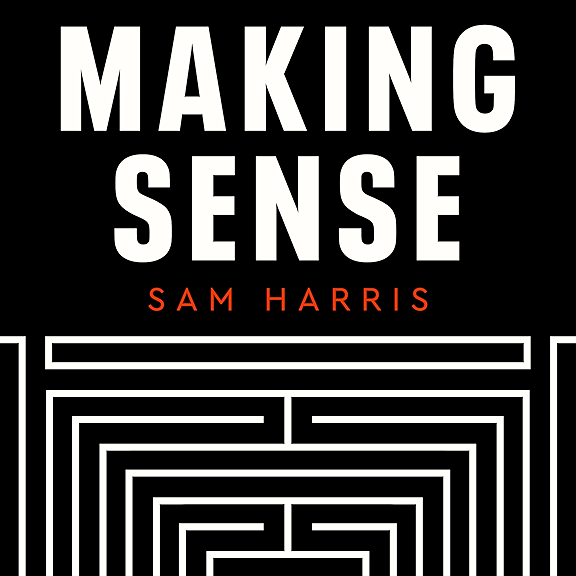
In many countries, nuclear power is a significant part of the energy mix being planned as part of the drive to achieve net-zero greenhouse-gas emissions. This means that we will be producing a lot more radioactive waste, some of it with half-lives that approach geological timescales, which are orders of magnitude greater than timescales associated with human civilizations. In the podcast, Claire Corkhill discusses the geology such storage sites require, some new materials that can confine radioactive isotopes over extremely long timescales, and the kind of hazards, including human, we need to guard against.
Claire Corkhill is Professor of Mineralogy and Radioactive Waste Management in the School of Earth Sciences at the University of Bristol, UK.




















